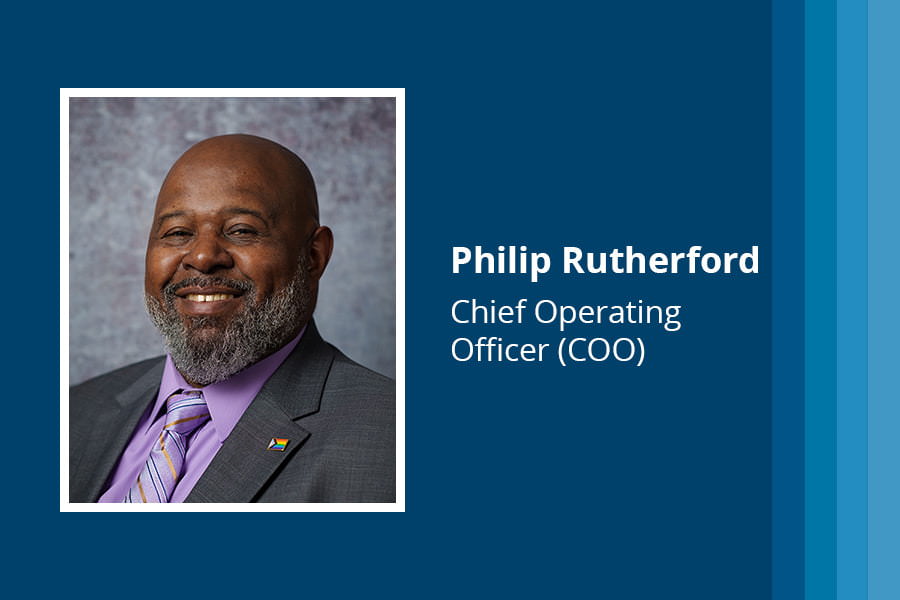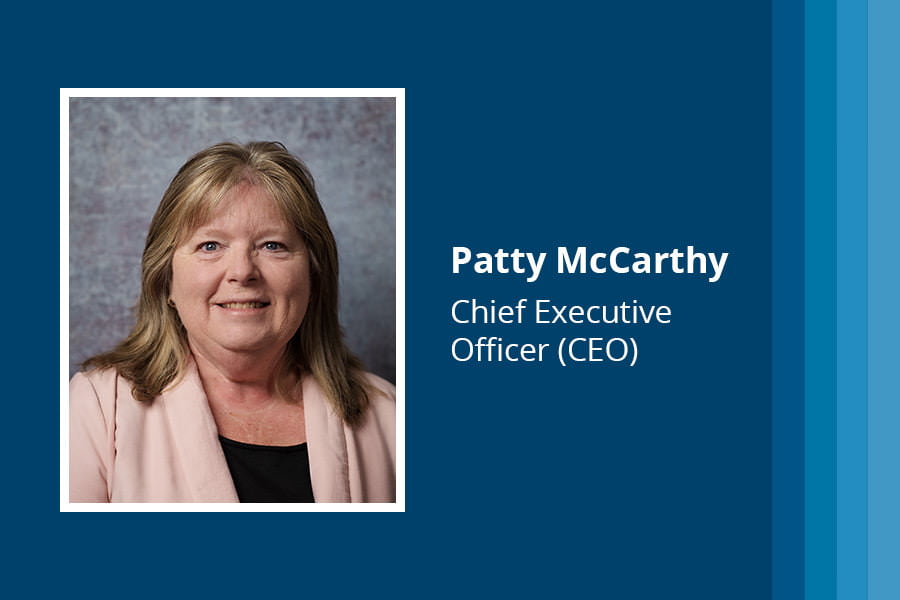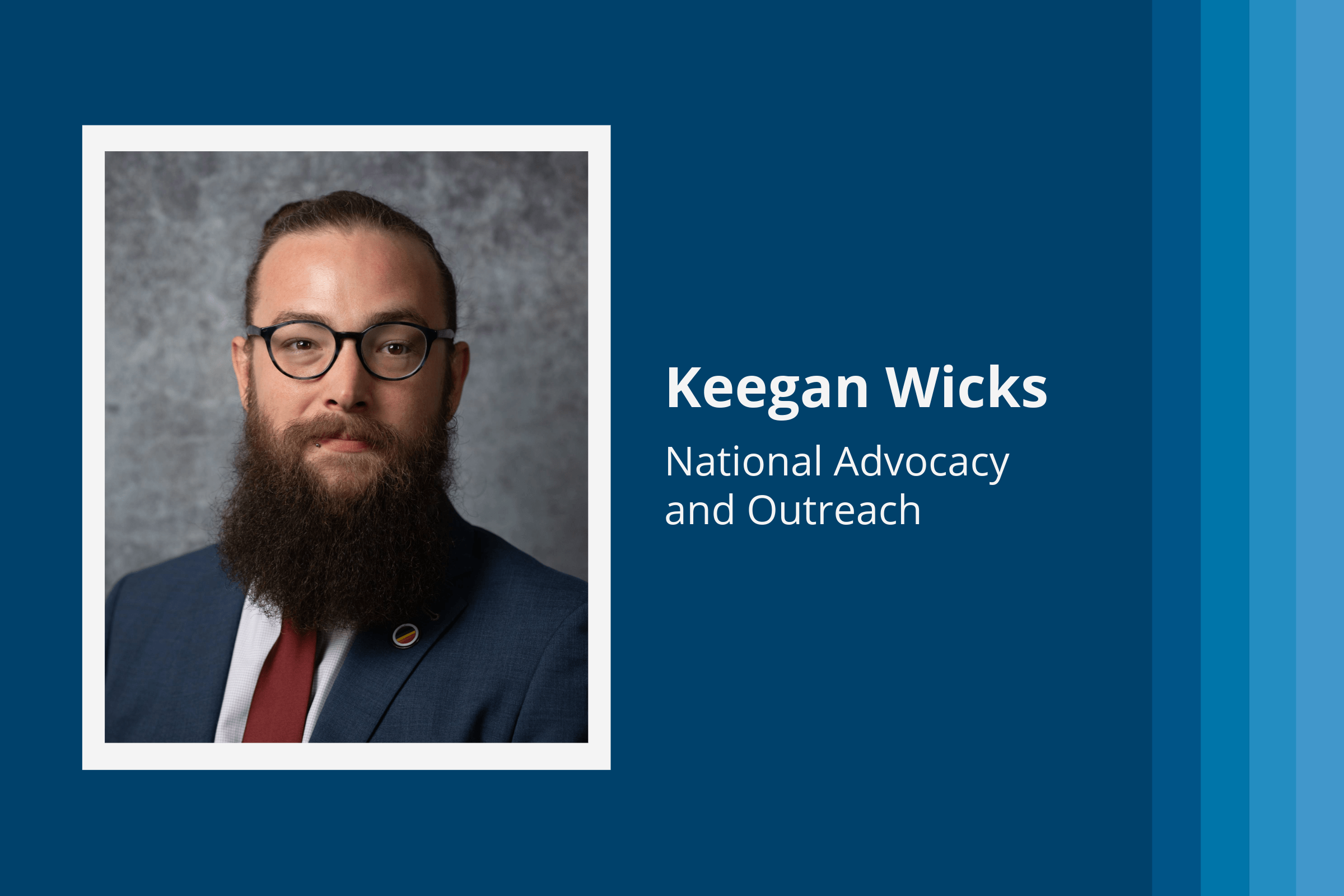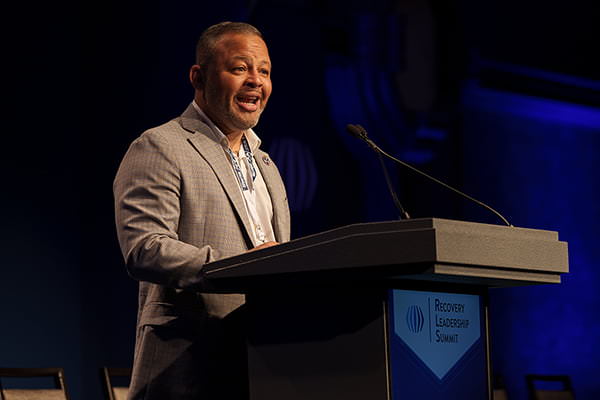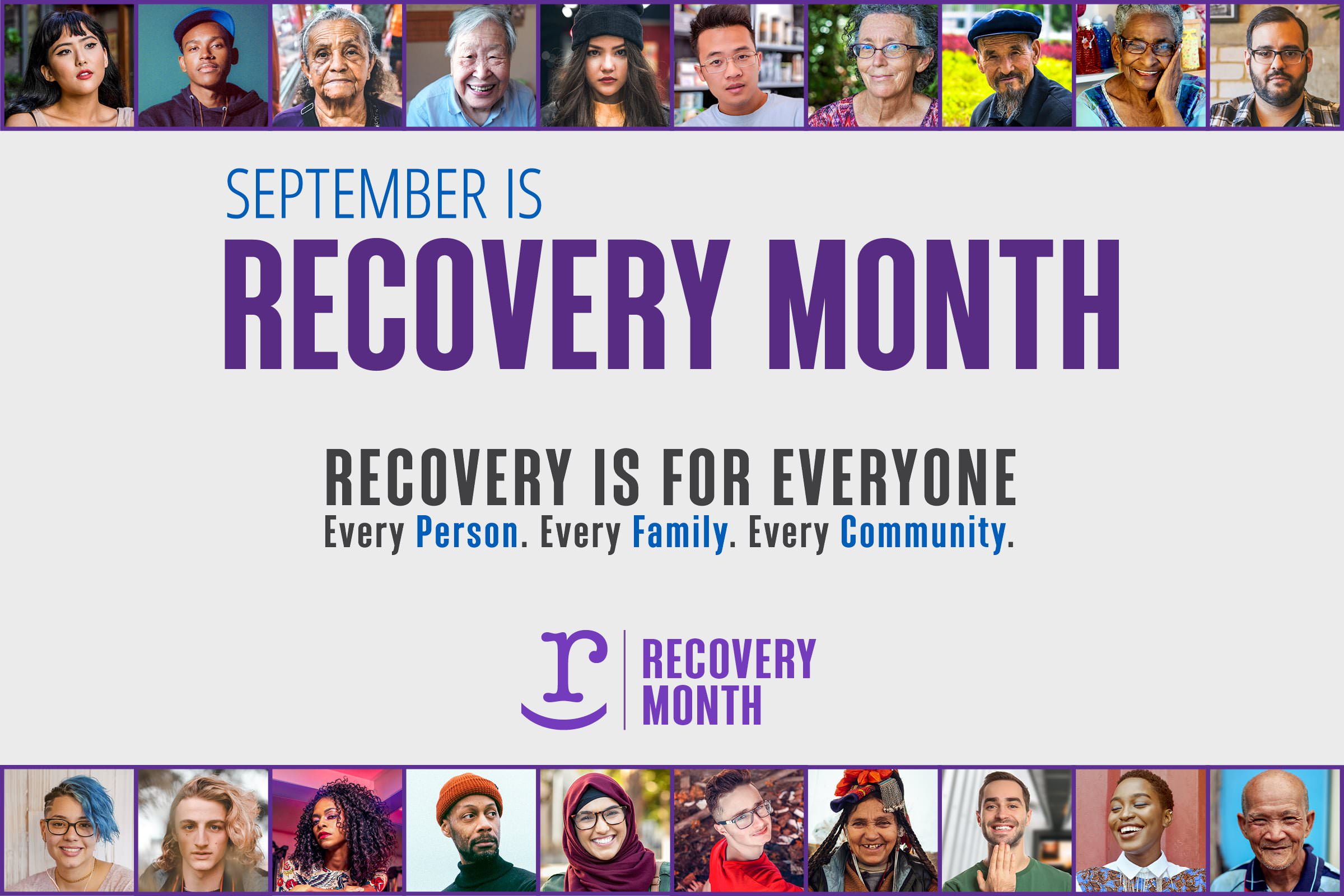In 2009, the Second Chance Act was signed into law.
Its goal was to reauthorize, rewrite, and expand provisions and services for incarcerated adults and juveniles re-entering society.
It created programs and comprehensive re-entry services to support formerly incarcerated individuals, organizations, and tribal governments, with focus on four areas: jobs, housing, substance abuse/mental health treatment, and families.
Second Act has been a boon to many people leaving incarceration, and especially to those in recovery.
2024 marks 15 years since the Act was first passed, and it’s due for re-authorization.
In a bipartisan effort, Representatives Davis (D-IL), Miller (R-WV), and Scott (D-VA) are spearheading a scope expansion for Second Act, which would increase available peer support services.
They’re also working on expanding the portion of the bill that provides stable housing for the re-entry population. Stable housing is a critical factor in reducing recidivism and has a major impact on maintaining sobriety.
Faces & Voices of Recovery is also actively working on advancing this legislation.
In April, the Biden-Harris Administration, through the U.S. Department of Health and Human Services (HHS), released the 2024 National Strategy for Suicide Prevention (National Strategy) and accompanying Federal Action Plan.
The Substance Abuse and Mental Health Services Administration (SAMHSA) and Centers for Disease Control and Prevention (CDC), in partnership with the National Action Alliance for Suicide Prevention (Action Alliance), led the development of critical deliverables that support key pillars of the Administration’s Unity Agenda for addressing overdose and mental health crises in our nation.
An Interagency Work Group (IWG), comprised of over 20 agencies in 10 federal departments across the government, contributed to the development of the National Strategy, which seeks to prevent suicide by identifying and supporting people with increased risk through treatment and crisis intervention, preventing repeated attempts, promoting long-term recovery, and supporting survivors.
It incorporates advances in the field, addresses emerging issues, and is designed to guide, motivate, and promote a more coordinated and comprehensive approach to suicide prevention in communities across the country.
The National Strategy also focuses on addressing the many risk and protective factors associated with suicide, as there is no single solution to this complex challenge.
Surgeon General Vivek Murthy acknowledged that issues like the intersection of suicide and substance use, the unique challenges faced by historically marginalized communities, and the impact of social media on mental health are contributing factors that demand immediate attention.

